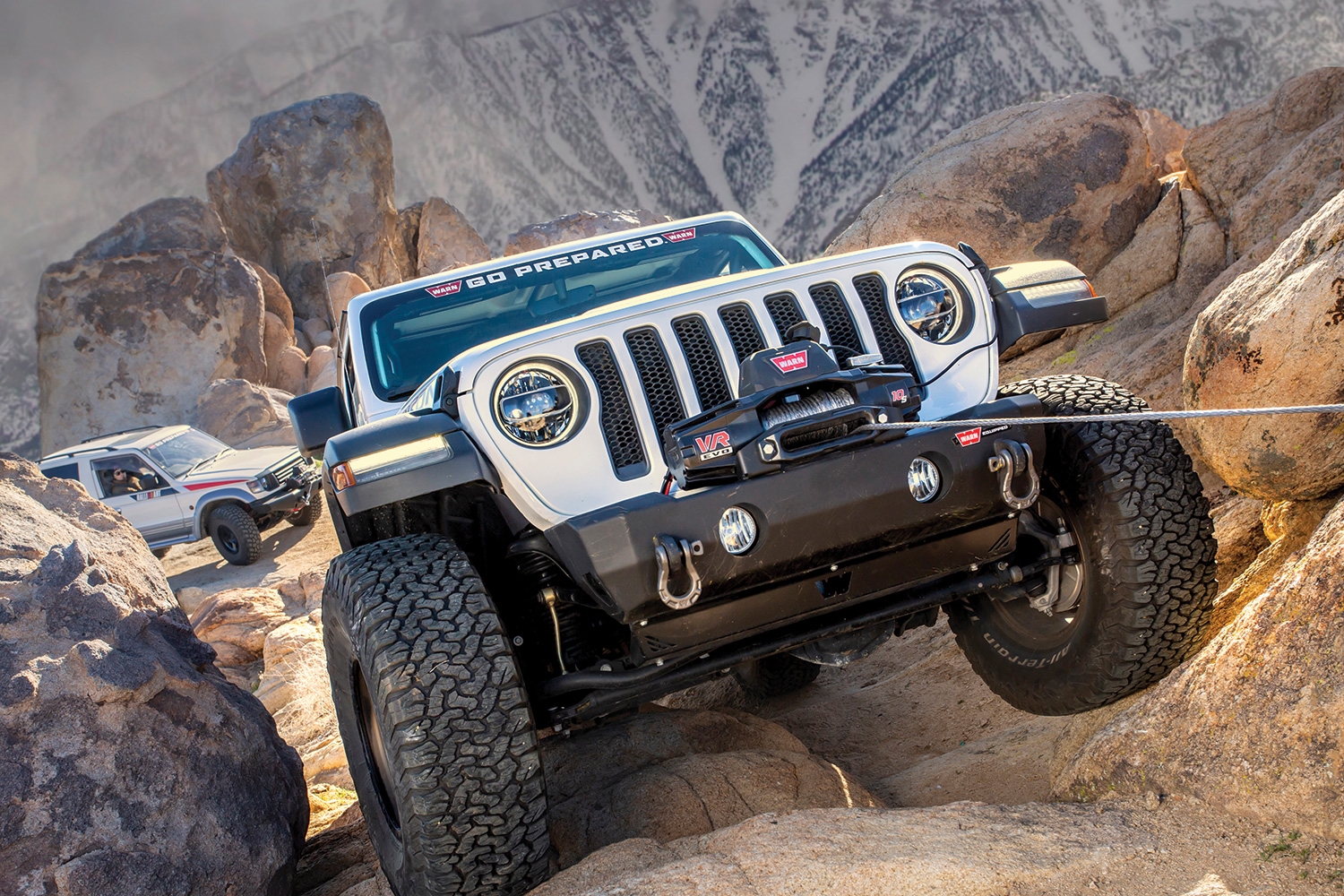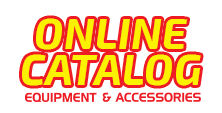So, you’re considering buying a winch for your truck, jeep, or SUV and don’t know where to start. You may have looked online and have seen a lot of different winches – all with good reviews and low prices. Regardless of which ones are our favorites, there are some decisions you’ll need to make in order to get the best winch for your needs.
First, what are you going to use your winch for? Are you going to use it for recovery? Will you use it to pull vehicles onto a car hauling trailer? Will you be using it for other jobs like pulling out tree stumps, etc.?
Second, how often will you be using a winch? Every weekend or just a few times per year? If you’re using your winch to recover your vehicle when getting stuck, you’ll want to first calculate the size of the winch you’ll need. How much weight can it pull? A rule of thumb has traditionally been that you’ll multiply your rig’s gross vehicle weight by 1.5. So, if your rig weighs 5,000lbs, traditionally you’d want at least a 7,500lb winch. However, at Titan Truck we recommend you multiply your vehicle by 2. If you have a 5,000lb vehicle, we recommend a 10,000lb winch, especially if you plan on using your winch fairly often.

This is because the components in a winch built to heavier specs will not be under as much pressure and could last longer. Also, you don’t know what kind of situations you are going to get into. You might find yourself stuck deep in mud or behind an obstacle such as a boulder. Your winch is not only going to have to pull the weight of your rig, but might have to handle the added resistance of whatever it is you are stuck in. And, if you are recovering uphill from your vehicle, gravity is working against you. Now, if you are using your winch to simply pull a vehicle onto a trailer, 1.5x vehicle weight is adequate. And, if you’re using it for a weekend project here or there in pulling stumps, etc. – obviously more power is always better.
Synthetic Vs. Steel Rope
The next decision you need to make is what kind of recovery rope you’ll use. There are two types of rope: synthetic and steel. There’s been a raging debate over which is better, and there is a legitimate use for both. Synthetic rope offers the advantage of being lighter in weight. For many off-roaders, weight is a big deal. Also, synthetic rope doesn’t store as much kinetic energy as steel – so if it breaks, it is less prone to cause injury. Synthetic rope also doesn’t get burs (small metal pieces that stick out) or rust. Steel cable on the other hand, can get burs over time – meaning you’ll want to wear gloves when working with your winch.
However, steel cable is very durable and will likely last longer than synthetic rope. You know how sunlight over time causes your plastic outdoor furniture to fade and crack? The same happens with any petroleum-based synthetic product. Abrasion can also wear out synthetic rope faster, meaning you’ll want to use a rope sleeve to protect it from use and harsh elements. It’s important to know that most sanctioned off-road events require synthetic rope over steel due to safety concerns should the rope snap, which has an increased chance of occurring the more it is used. Most major winch companies offer both synthetic and steel rope for their winches.
Where and How You're Going to Mount Your Winch
If you’re going to be off-roading or using your winch more than several times a year, you may want to consider an aftermarket off-road bumper. A good winch-capable bumper can not only better protect your winch, it can protect your rig from damage as well. And it can offer more recovery points, with ring mounts and hooks. But, a new bumper will add to the cost of your set-up, which may affect how much you can spend on your winch. A word of advice: If you had to choose between investing in a better quality winch or bumper, remember that the winch is going to be pulling you out of sticky situations, not your bumper.
Which Winch Should You Buy?
While there are inexpensive winches out there with good reviews, there is also a lot of junk that looks great online. Finding out it’s junk when you’re stuck is not a good situation to be in. We recommend you go with a recognizable name brand that has a positive reputation and warranty. One brand that we recommend is WARN. WARN winches aren’t always the cheapest winches on the market, but they do have a track record of great performance and reliability. Like other major winch brands, WARN offers winches in a number of quality and price points.



You must login to post comments.